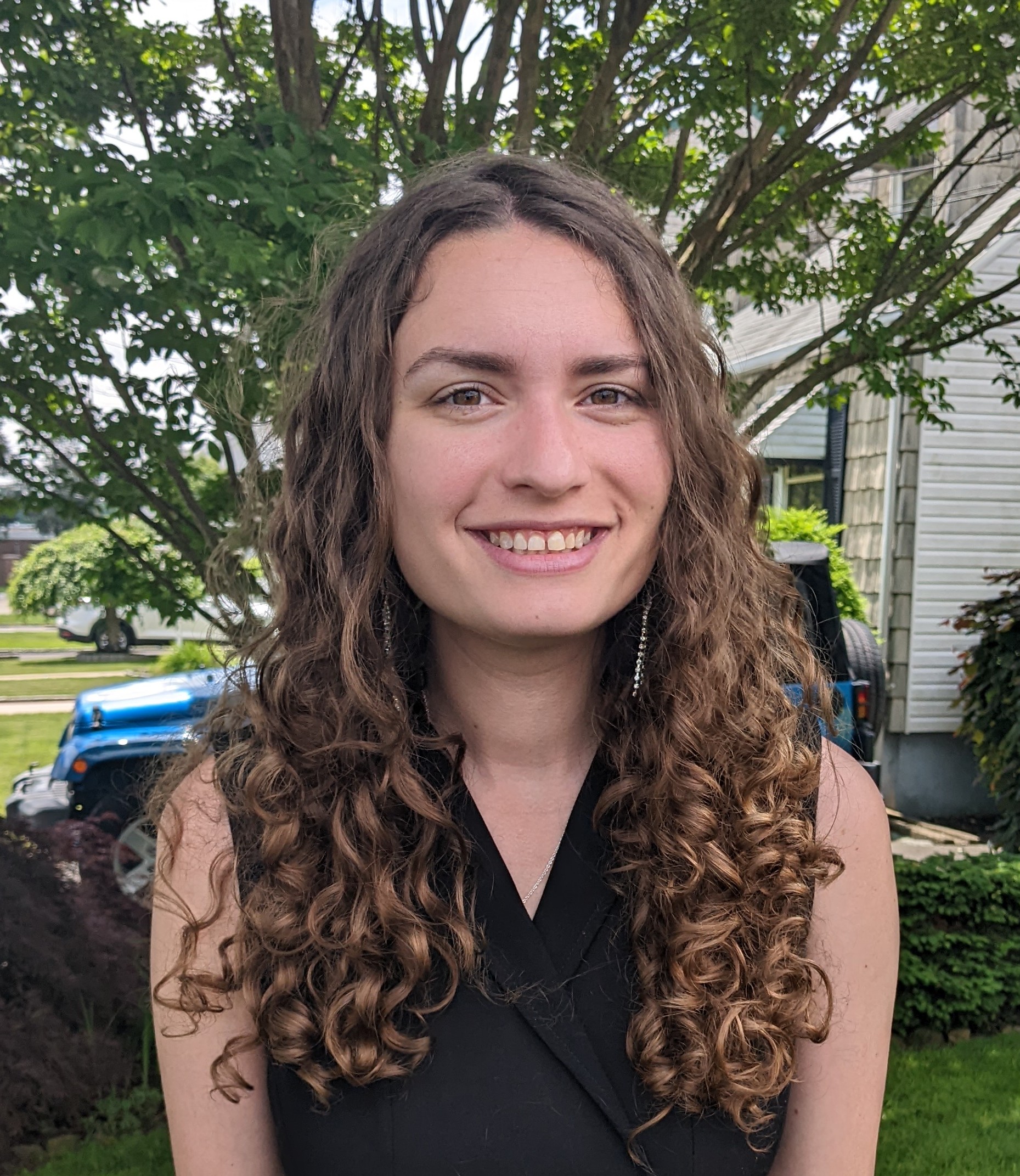Designing Engaging, Self-Paced E-learning Courses for Continued Professional Learning
,
Presenters

Session description
Purpose & objective
Purpose: The purpose of this session is to support participants in designing eLearning courses to use their district, including reviewing design principles and self-paced learning techniques to make the course engaging, meaningful, and easy for teachers to fit into their schedules.
Objectives: Participants will be able to explain the rationale behind using eLearning courses to overcome the barriers of traditional professional development. Participants will be able to explore existing eLearning courses for ideas and inspiration. Participants will begin planning and designing a self-paced eLearning course for their school.
Challenge: Time constraints and lack of funding and resources are often challenges to providing professional development in a traditional context. Self-paced professional learning provides a solution, where teachers can explore topics of interest when it works best for them. Self-paced eLearning courses can help school districts to keep training in-house and support the expertise of their teachers, while providing authentic experiences for continued learning.
Resources: In this session, participants will walk through how to plan and begin designing a course, including a self-paced, step-by-step tutorial guide that can be used later. Additional resources will be shared to help with the planning and development process.
Outline
In this workshop session, participants will engage in the creation process to begin designing their own self-paced eLearning course for staff. The structure of the session will be:
- Introduction: why self-paced eLearning, examples of existing courses (10 minutes)
- Exploration: step-by-step planning and development of an eLearning course (30 minutes)
- Share: share planning and ideas with entire group (5 minutes)
- Distribution of Tutorials and Q&A (5 minutes)
Supporting research
Meyer, A., Kleinknecht, M., & Richter, D. (2023). What makes online professional development effective? The effect of quality characteristics on teachers’ satisfaction and changes in their professional practices. Computers & Education, 200.
Rizzuto, M. (2017). Design recommendations for self-paced online faculty development courses. TechTrends, 61, 77-86.
Session specifications
Learning Designer
- Model the use of instructional design principles with educators to create effective digital learning environments.
- Design professional learning based on needs assessments and frameworks for working with adults to support their cultural, social-emotional and learning needs.
- Evaluate the impact of professional learning and continually make improvements in order to meet the schoolwide vision for using technology for high-impact teaching and learning.
 Return
Return Explore and create: Exploratory Creation lab
Explore and create: Exploratory Creation lab  Trips and Tours
Trips and Tours Recorded Session
Recorded Session Virtual Session
Virtual Session